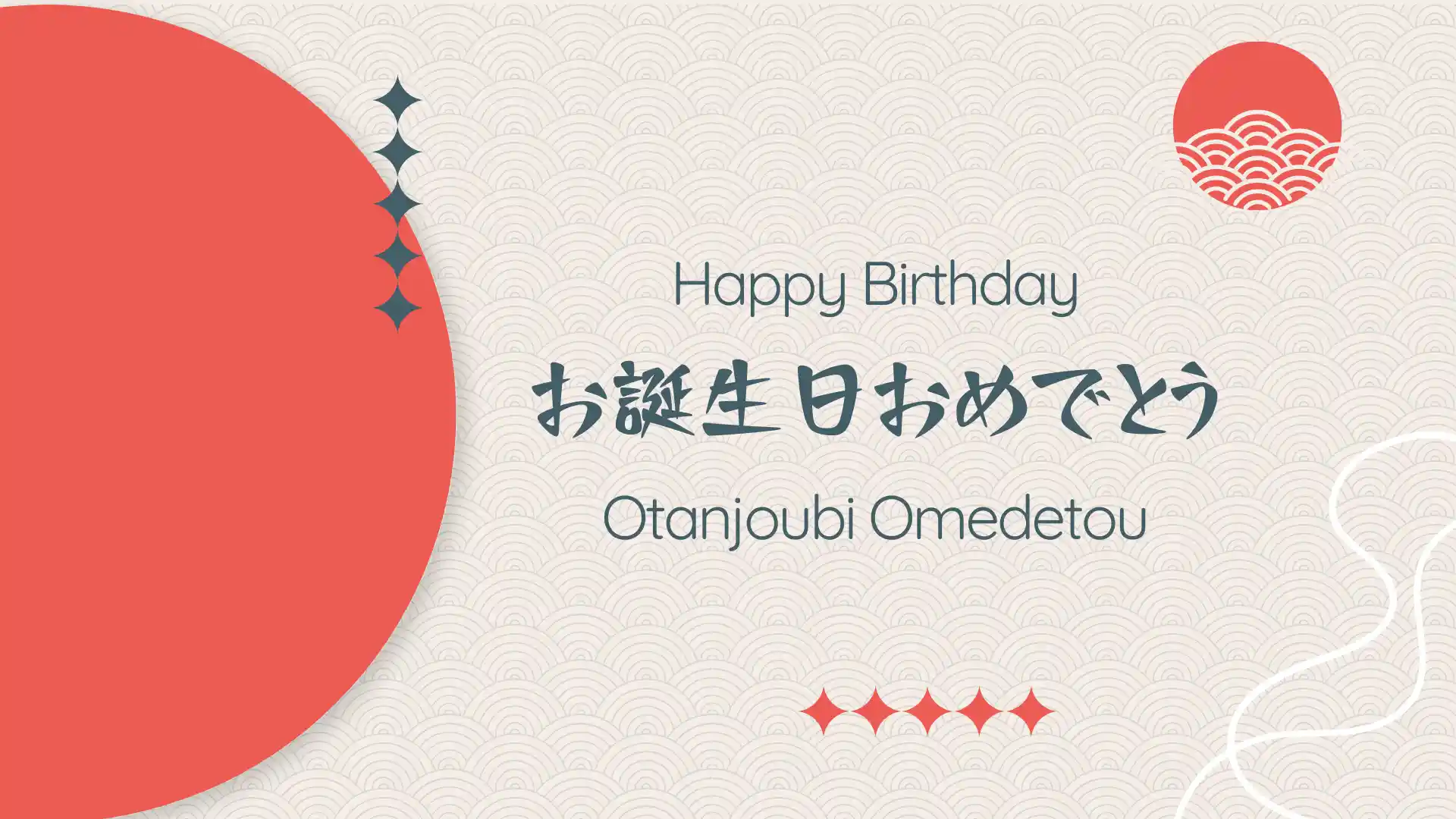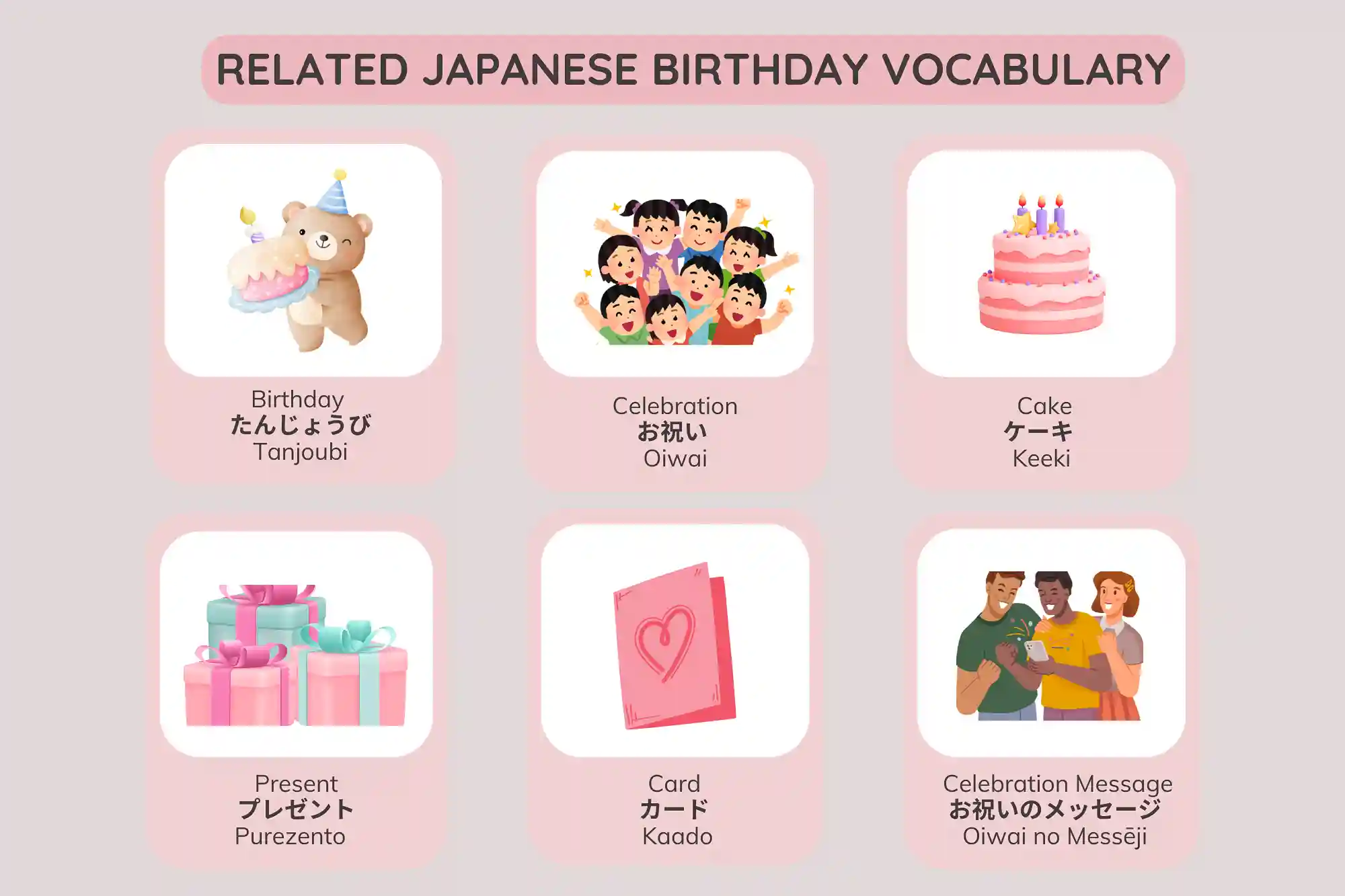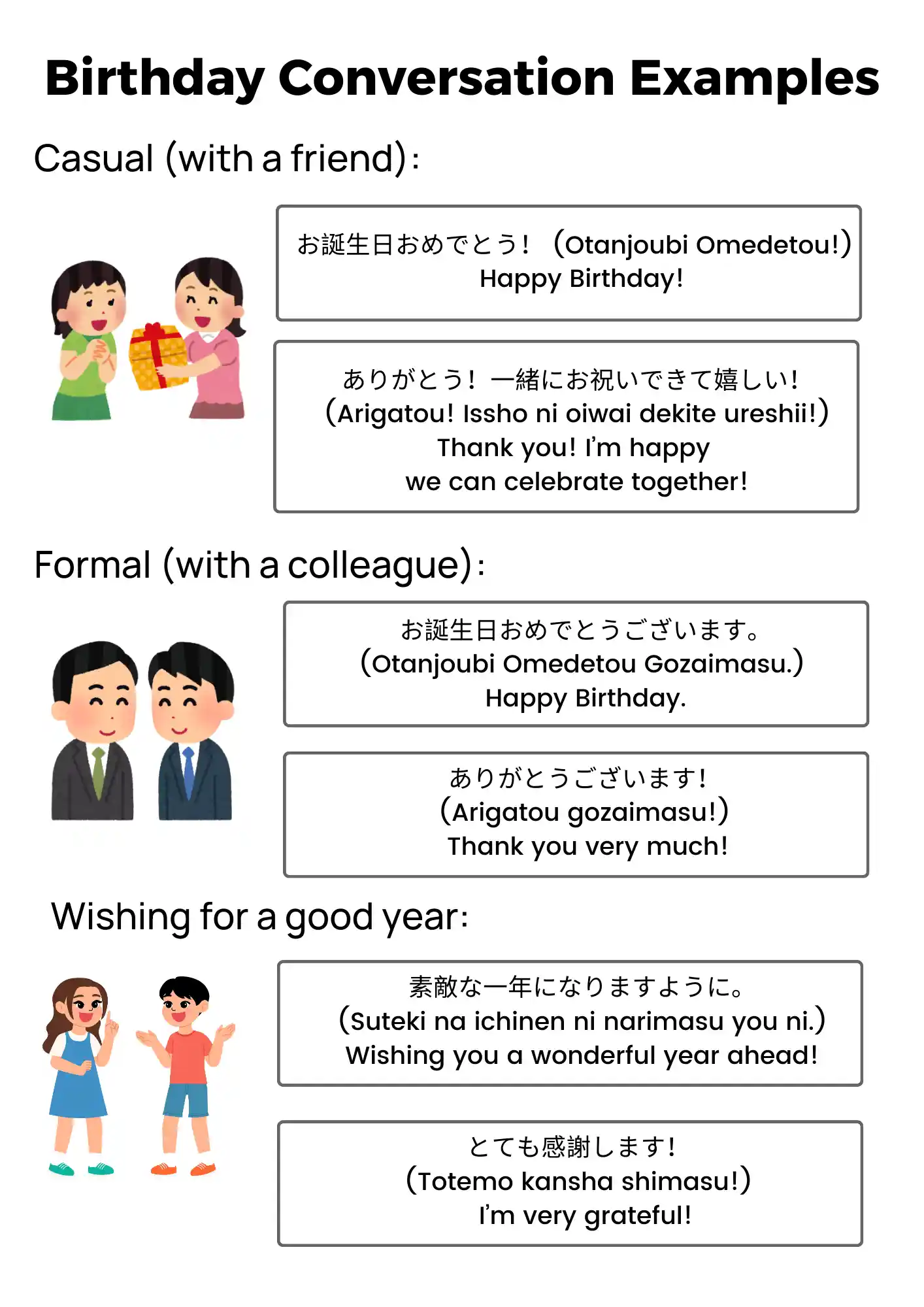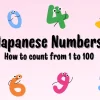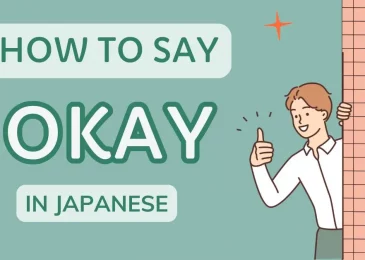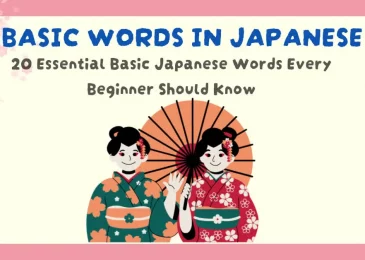Learning how to say “happy birthday” in Japanese can add a meaningful touch to your birthday greetings and help you connect more deeply with Japanese culture. Whether you’re celebrating with friends, family, or colleagues, knowing the right words and expressions for a birthday in Japanese can make all the difference. Let’s dive into the most common birthday phrases, vocabulary, traditions, and tips for crafting the perfect birthday message in Japanese.
Common Ways to Say “Happy Birthday” in Japanese
In Japanese, there are several ways to wish someone a happy birthday, each with its own tone and level of formality. Choosing the right phrase can show thoughtfulness and respect, depending on your relationship with the birthday person. Here are the most commonly used expressions:
1. お誕生日おめでとう (Otanjoubi Omedetou)
This phrase, “お誕生日おめでとう,” is the go-to way to say “happy birthday” in Japanese and is widely recognized across all ages. It directly translates to “happy birthday” and is often used in spoken greetings or written messages. Since it’s straightforward and informal, it’s best suited for everyday situations where a friendly tone is appreciated.
2. お誕生日おめでとうございます (Otanjoubi Omedetou Gozaimasu)
If you want to wish someone a happy birthday in a more formal or respectful way, this phrase is the best choice. By adding “ございます (gozaimasu)” at the end, you’re elevating the greeting, making it suitable for situations where politeness is required. This form of the greeting is appropriate for coworkers, supervisors, elders, teachers, or anyone you respect. The addition of “gozaimasu” expresses a greater level of politeness, and it’s often used in professional environments, formal gatherings, or when writing a more respectful birthday card.
3. お誕生日おめでたいです (Otanjoubi Omedetai Desu)
While not as commonly used as the previous two phrases, this expression adds an extra layer of enthusiasm to your greeting. The term “おめでたい (omedetai)” is a celebratory word that conveys happiness and cheer, giving this version a slightly more festive and joyful tone. It’s a unique way to say “happy birthday” that can feel a bit more elevated than the casual “おめでとう” but less formal than “ございます.”
Related Japanese Birthday Vocabulary
To make your birthday message in Japanese even more personalized and engaging, learning a few key birthday-related words can help you convey your wishes with greater detail. Here are some useful Japanese terms commonly used in birthday greetings and celebrations:
- たんじょうび (Tanjoubi) – Birthday
This word simply means “birthday” and is at the core of any birthday greeting. It’s used in phrases like “お誕生日おめでとう” (happy birthday) and helps you specify the occasion clearly. - お祝い (Oiwai) – Celebration
“Oiwai” means “celebration” or “congratulation” and adds a joyful tone to your message. It’s a versatile word you can use to refer to any celebratory event, including birthdays, and helps to convey a festive atmosphere. - ケーキ (Keeki) – Cake
The Japanese term “ケーキ” sounds similar to “cake” in English and refers to any kind of celebratory cake, particularly a birthday cake. Birthday cakes are an essential part of Japanese birthday celebrations, often decorated with fruit, whipped cream, and candles. - プレゼント (Purezento) – Present
This word, borrowed from English, means “present” or “gift” and is frequently used when discussing birthday gifts. Including “purezento” in your message lets you talk about giving or receiving gifts on a birthday, which is a significant tradition in Japanese celebrations. - カード (Kaado) – Card
Another English loanword, “カード” means “card.” Birthday cards are common in Japan, often filled with heartfelt messages and well-wishes. Adding “kaado” to your vocabulary is perfect for when you want to give or mention a birthday card. - お祝いのメッセージ (Oiwai no Messēji) – Celebration Message
This phrase translates to “celebration message” and is used to describe the messages of goodwill that accompany birthday wishes. It’s particularly helpful for creating personalized greetings, as it emphasizes the thoughtful sentiments you wish to share with the birthday person.
By using these words, you can add details like “birthday cake” (たんじょうびのケーキ, tanjoubi no keeki) or “birthday present” (たんじょうびのプレゼント, tanjoubi no purezento) to your Japanese birthday message, making it more colorful and specific.
Birthday Phrases to Add to Your Wishes
To make your birthday message more heartfelt, try adding one of these Japanese phrases:
- 素敵な一年になりますように (Suteki na ichinen ni narimasu you ni) – Wishing you a wonderful year ahead.
- 楽しい誕生日を過ごしてください (Tanoshii tanjoubi o sugoshite kudasai) – Have a fun birthday.
- 良い一日を (Yoi ichinichi o) – Have a great day.
- 幸せな一年をお過ごしください (Shiawase na ichinen o o-sugoshi kudasai) – May you have a happy year ahead.
- 健康と幸運を祈っています (Kenkou to kouun o inotteimasu) – Wishing you health and good luck.
- あなたの夢がすべて叶いますように (Anata no yume ga subete kanaimasu you ni) – May all your dreams come true..
- 素晴らしい誕生日になりますように (Subarashii tanjoubi ni narimasu you ni) – Wishing you an amazing birthday.
- 笑顔とともに素敵な一年を (Egao to tomo ni suteki na ichinen o) – Wishing you a wonderful year full of smiles.
These additional phrases enhance the sincerity of your message and show thoughtfulness in your birthday greeting.
Japanese Birthday Traditions
In Japan, birthdays are celebrated differently from Western customs. While not every birthday is celebrated with a big party, some traditions add a unique touch to Japanese birthday celebrations:
- ケーキカット (Keeki Katto) – The cake-cutting ceremony is a cherished part of birthday celebrations, especially during family gatherings. Typically, a beautifully decorated cake is prepared, and the birthday person is honored by being the one to cut the cake. This moment is often accompanied by singing “Happy Birthday” in Japanese, creating a festive atmosphere.
- Gift-Giving – In Japanese culture, the act of giving gifts is thoughtful and intentional. Presents are often carefully selected based on the recipient’s tastes or needs, demonstrating a deep level of consideration. It’s common for gifts to be accompanied by a handwritten note or card expressing heartfelt wishes, as this personal touch is highly valued in Japan.
- Milestone Celebrations – Certain birthdays hold greater cultural significance and are celebrated more elaborately. For example, turning 20 is a major milestone in Japan, marking the coming of age when individuals are legally recognized as adults. This age is celebrated with special ceremonies, such as Seijin Shiki, where young adults dress in traditional attire and participate in formal events. Similarly, the 60th birthday, known as 還暦 (Kanreki), is a significant celebration that marks a full cycle of the zodiac. This occasion is often celebrated with family gatherings and special meals, symbolizing renewal and gratitude for life.
Birthday Conversation Examples
Here are some example dialogues to help you navigate birthday conversations in Japanese:
- Casual (with a friend):
- A: お誕生日おめでとう! (Otanjoubi Omedetou!) – Happy Birthday!
- B: ありがとう!一緒にお祝いできて嬉しい! (Arigatou! Issho ni oiwai dekite ureshii!) – Thank you! I’m happy we can celebrate together!
- Formal (with a colleague):
- A: お誕生日おめでとうございます。(Otanjoubi Omedetou Gozaimasu.) – Happy Birthday.
- B: ありがとうございます! (Arigatou gozaimasu!) – Thank you very much!
- Wishing for a good year:
- A: 素敵な一年になりますように。(Suteki na ichinen ni narimasu you ni.) – Wishing you a wonderful year ahead!
- B: とても感謝します! (Totemo kansha shimasu!) – I’m very grateful!
Certainly! Here’s a content draft on “Happy Birthday in Japanese,” using the keyword “birthday in Japanese” along with related keywords.
Tips for Wishing Happy Birthday in Japanese
To make your birthday greeting even more meaningful:
- Use the Right Level of Formality: For friends, casual phrases like “おめでとう” are fine. For superiors or colleagues, use “おめでとうございます” to show respect.
- Consider a Handwritten Note: In Japanese culture, handwritten cards are appreciated for their personal touch.
- Pronounce Phrases Clearly: If you’re speaking Japanese, practicing pronunciation can help convey your message more sincerely.
Certainly! Here’s a section on effective ways to learn Japanese, with MochiMochi Kanji integrated as one of the methods:
Effective Ways to Learn Japanese
Learning Japanese can be both rewarding and fun if you use the right approach. Here are some proven methods to help you progress faster and retain what you learn:
- Practice Speaking Daily
Engaging in regular conversations, whether with native speakers or language partners, helps build confidence and fluency. Apps like HelloTalk or language exchange groups are great for finding conversation partners and practicing real-life speaking. - Use Flashcards
Flashcards are a reliable method for memorizing Japanese vocabulary and kanji characters. According to scientific research, learning with Flashcards is one of the most effective methods for memorizing, especially vocabulary. A great tool for this is the MochiKanji app, which makes learning fun by turning learning kanji into a game. MochiKanji offers a vocabulary course, where you learn kanji along with vocabulary through flashcards that include images, meanings, pronunciations, and example sentences. The course includes a variety of learning games, enhancing memory through listening, writing, and quizzes.By using spaced repetition, ensuring you review characters at the optimal “Golden Time” for memorization, MochiKanji helps you remember characters more effectively and understand how they’re used in phrases like “happy birthday” (お誕生日おめでとう). For beginners learning to communicate, MochiKanji offers a Communication Course to practice basic Japanese conversation with interactive characters Mochi and Michi.
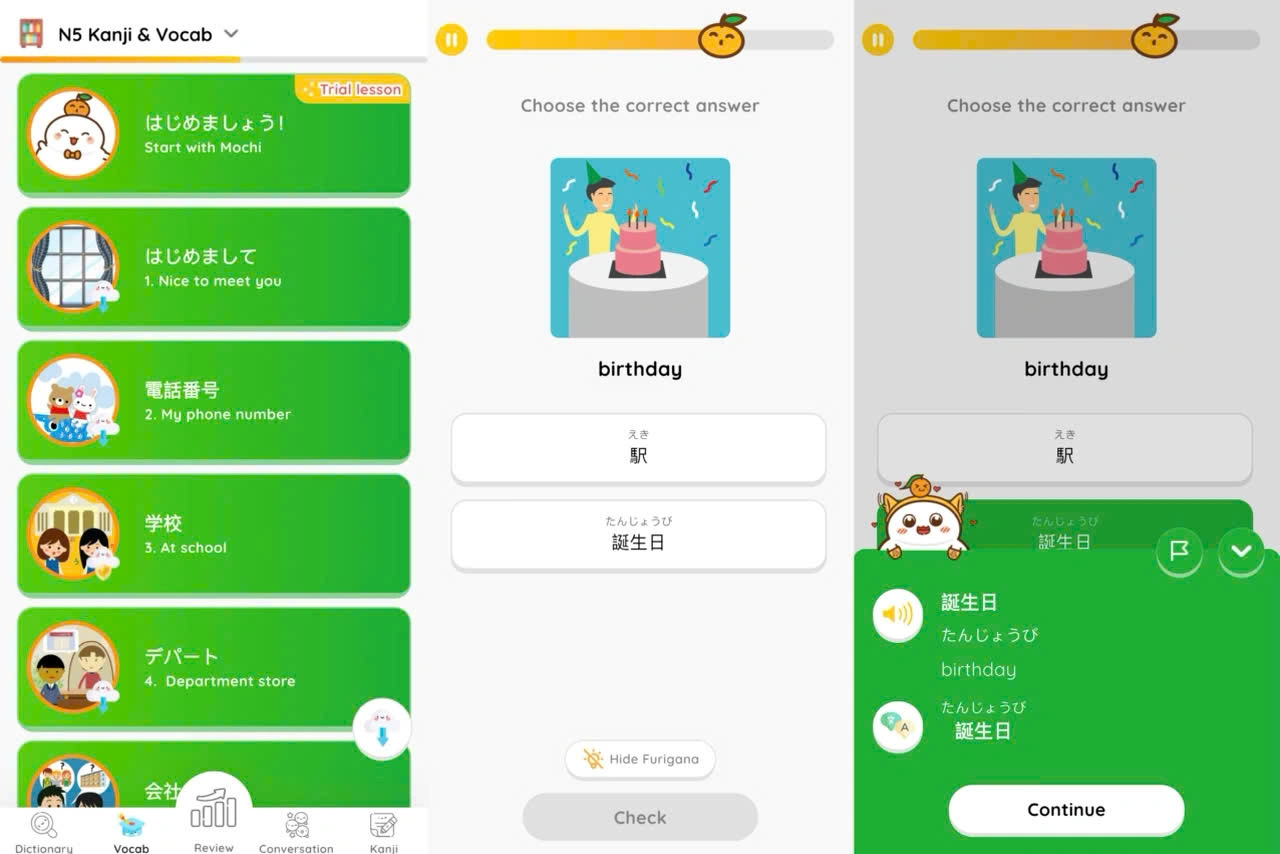
- Immerse Yourself in Japanese Media
Watching Japanese shows, listening to music, or reading manga exposes you to natural Japanese. This immersion approach not only improves comprehension but also helps you pick up expressions and phrases used in daily life, like birthday greetings and cultural terms. - Set Small, Achievable Goals
Instead of aiming for fluency right away, focus on mastering everyday phrases and kanji bit by bit. This approach, especially when paired with MochiMochi Kanji or similar apps, makes learning less overwhelming and keeps you motivated by seeing steady progress.
Conclusion
Celebrating a birthday in Japanese can deepen your connection to Japanese culture and make someone’s special day even more memorable. Whether you’re saying “お誕生日おめでとう” or adding a heartfelt wish, your Japanese birthday message will show thoughtfulness and respect. Try using these phrases, vocabulary, and tips to bring a smile to someone’s face on their birthday!

